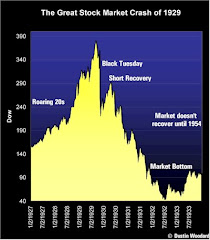This week I read an interesting article about California public sector pensions. The article is called Frosting on an already-sweet pension deal. This article highlights that public sector pensions, already a sweet deal can be gamed to make them even better.
Moving on up
Pensions in the public sector are based on a final earnings scheme. This means that the pension income is based on earnings at the time of retirement.
Most public employees have seen that as they continue their careers their compensation is constantly increasing. Compensation increases through annual negotiated salary adjustments and by the moving into a higher job classification. I highlighted these moves in a recent blog called Winning the Pension Lottery.
There is huge value in moving up the compensation ladder.
Although there has been a lot of discussion about the number of pension in Canada, public sector pensions are much different from private sector ones. In the private sector very few defined benefit plans would be based on a final 3 or 5 years annual salary. As well they come far short of offering 70% replacement income. Most private sector plans have limits on the top end and would base the pension over a career average salary.
More vacation, bigger retirement
We saw the huge liability that exists at the City of Toronto for sick-leave.
This bank is estimated to be around $450 Million. Are these payouts included in the final pension numbers for retiring city workers? City owes $450M extra in sick leave.
Golden handshakes
Golden handshakes are common features in Canadian public service. . Many of these are negotiated going into the deal.
Why are these golden handshakes paid in addition to compensation levels and pension afforded to few in the private sector? Financial crisis in the university sector? What crisis?
DROP-kicking taxpayers
A more common term for this known as double-dipping. It is the ability to receive a public sector pension and then return to working with no loss of pension income.
In one case in Hamilton a city employee retired with a final income of $158,216.14 and is probably earning a pension worth in excess of $100,000. The new job will give him an income worth up to $150,000 per year in addition to the pension.
The media in the US follows these cases closely. However, the Canadian media has paid little attention. Uncovering these cases is aided by the Pension sunshine lists that are becoming popular in the US. They show government pensioners earning in excess of $100,000 a year in pensions. These lists exist in Boston and California.
Airheads for "air time"
This is a common feature of most public sector pensions.It is simply a way of boosting pensions for retirees. This certainly is something not afforded to private sector pensioners. Pension Buybacks
The Final Say
In this article the relevant question that is asked is are:
plans are designed purely for the benefit of the workers and are not designed for what's best for the public.



